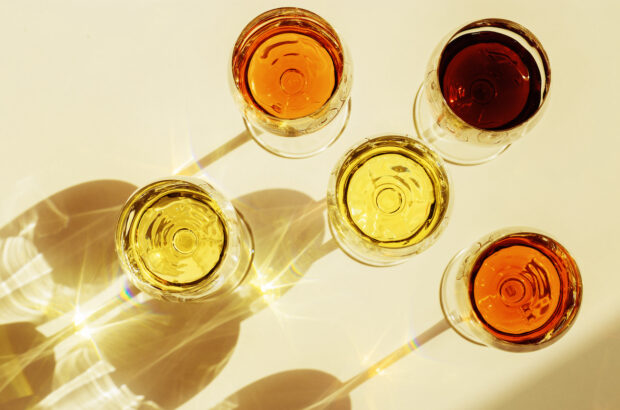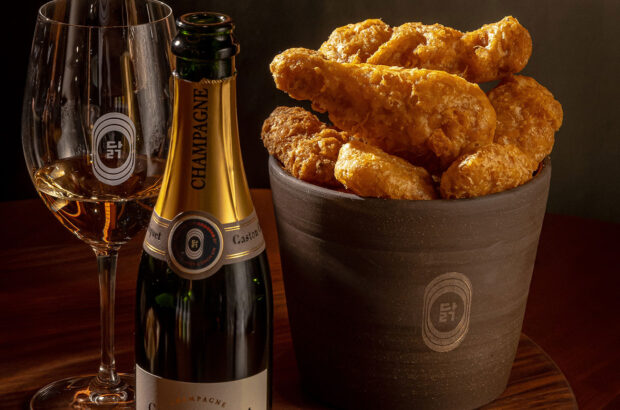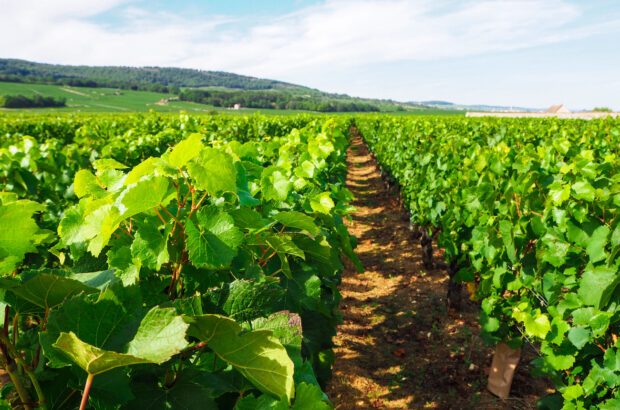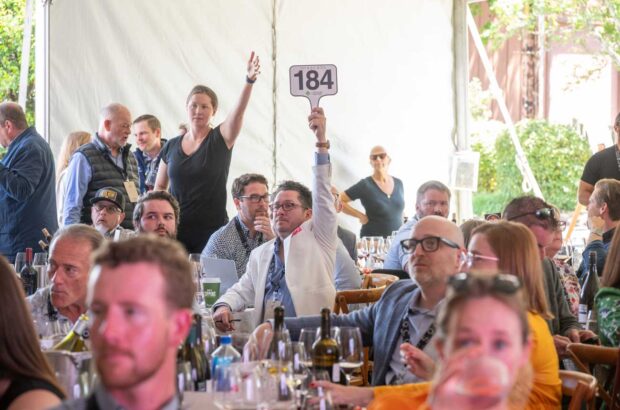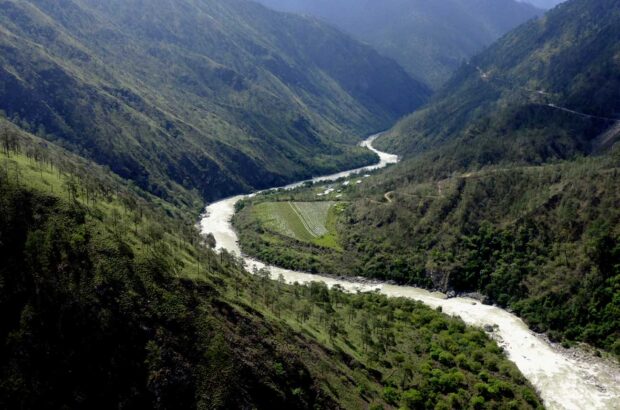Wojciech Bońkowski became Poland’s first Master of Wine in 2023, holding many more titles and credentials including a PhD in musicology.
He first started writing about wine in 1999 and by 2012 this became a full-time career with the launch of his online wine magazine, Winicjatywa, followed by print magazine Ferment in 2017.
Balancing the economic requirements of running a publishing business with maintaining editorial independence, Bońkowski commented, ‘I am happy and proud to have been able to make wine writing a living, despite the significant challenges faced by publishing in the modern era.’
Active internationally as a writer, consultant and judge, judging at Decanter World Wine Awards since 2016, Bońkowski will be joining Dr Caroline Gilby MW and Simon J Woolf as the new joint Regional Chair for the Balkans, Central & Eastern Europe, Croatia and Slovenia.
Ahead of DWWA judging this May – and with entries open now until 15 March – we get to know more about Bońkowski, including his recommendations on regions to explore, inspirations in the wine world and advice for producers.
What’s a typical day like for you?
My typical days are full of either tasting wines or writing articles about the wines I’ve tasted! Of course, there is a lot of wonderful wine country travel and meeting fantastic enthusiastic people involved, too.
How do you feel about becoming Poland’s first Master of Wine?
It has certainly been a long and tortuous journey through dark valleys of self-doubt, but I am glad I could stay motivated and optimistic, to no little degree thanks to the support of my family and mentor, Caro Maurer MW.
Now I look forward to leveraging my authority as an MW to spread the word about the wines I believe in, such as those of Central and Eastern Europe and the Mediterranean.
Which wine producing regions would you encourage people to explore?
European regions south of Tuscany and east of Berlin have long stayed in the shadow of the mighty industries of France, Italy and Germany but are now experiencing a fascinating renaissance of their winemaking tradition and offering fantastic value for money.
Greece is arguably at the forefront of this quality revolution, while I feel there is still a lot of untapped potential in countries like Croatia, Lebanon, Cyprus, and even Albania. Hungary has enormous potential as well. And the next big thing? Wines from Poland!
What do you find most inspiring in the wine world right now?
I have witnessed many exhilarating changes in my 25 years of tasting. The emergence of a young generation that is widely-travelled and open-minded is one such change. Another is the growing acknowledgement of the important environmental contribution that we can bring as a wine industry, pioneering aspects such as regenerative viticulture and responsible supply chains.
But most importantly, I am deeply moved by the renewed pride vintners take in their age-long traditions in many hitherto neglected regions.
What do you look forward to most as a new Regional Chair at DWWA?
I very much look forward to working with a brilliant team of tasters to showcase the outstanding quality of many of the wines emerging from these regions in recent years, with special emphasis on their traditional grape varieties.
Why should people explore wines from the Balkans, Central & Eastern Europe, Croatia and Slovenia?
These are generally regions with venerable winemaking traditions and a plethora of local diversity, from grape varieties to winemaking techniques and traditional styles. From cool-climate crisp dry whites to generously flavourful Mediterranean reds, there is almost an infinite choice for the drinker, and the quality has never been higher.
In your opinion, what do you think makes a successful panel of judges?
I have always valued Decanter World Wine Awards because, besides a transparent, robust tasting protocol, its culture has always been about getting to the core of each wine we taste and making sure we are understanding it. A successful panel is where tasters are respectful of each other’s opinion, open-minded to look at a wine again, and confident enough to never give up.
Do you have advice for DWWA entrants who don’t win a medal?
Your wine is tasted by the world’s best palates against the best of the competition. Well done for making it here, and persevere—we are always looking for wines of identity and personality.




